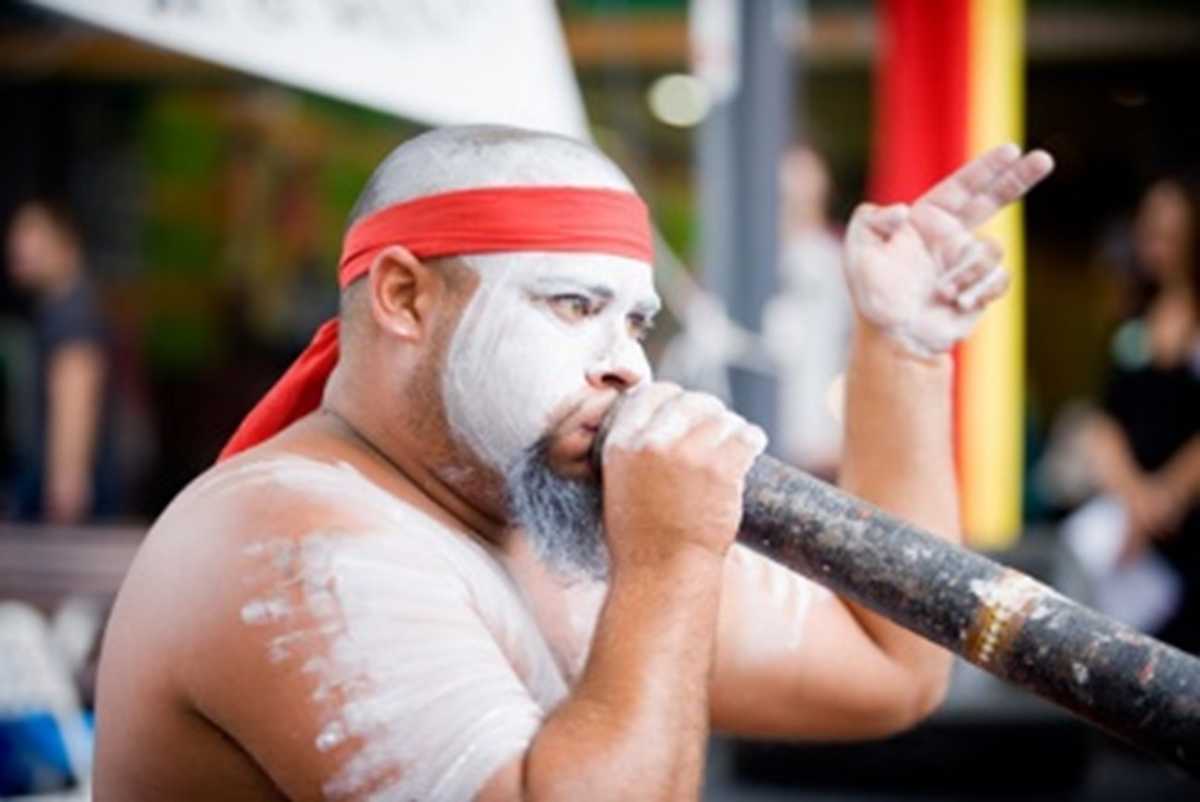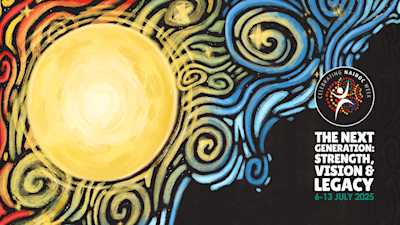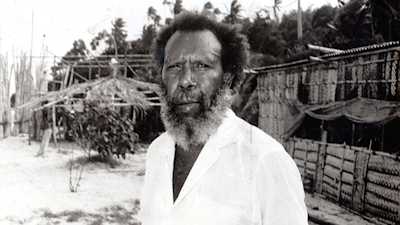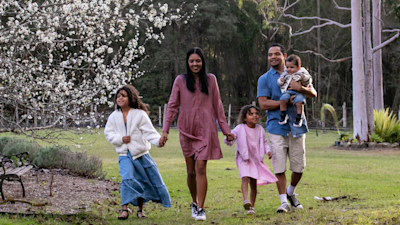Life Without Barriers’ NSW cultural team helps Aboriginal and Torres Strait Islander kids in care build better futures for themselves by connecting them to culture.
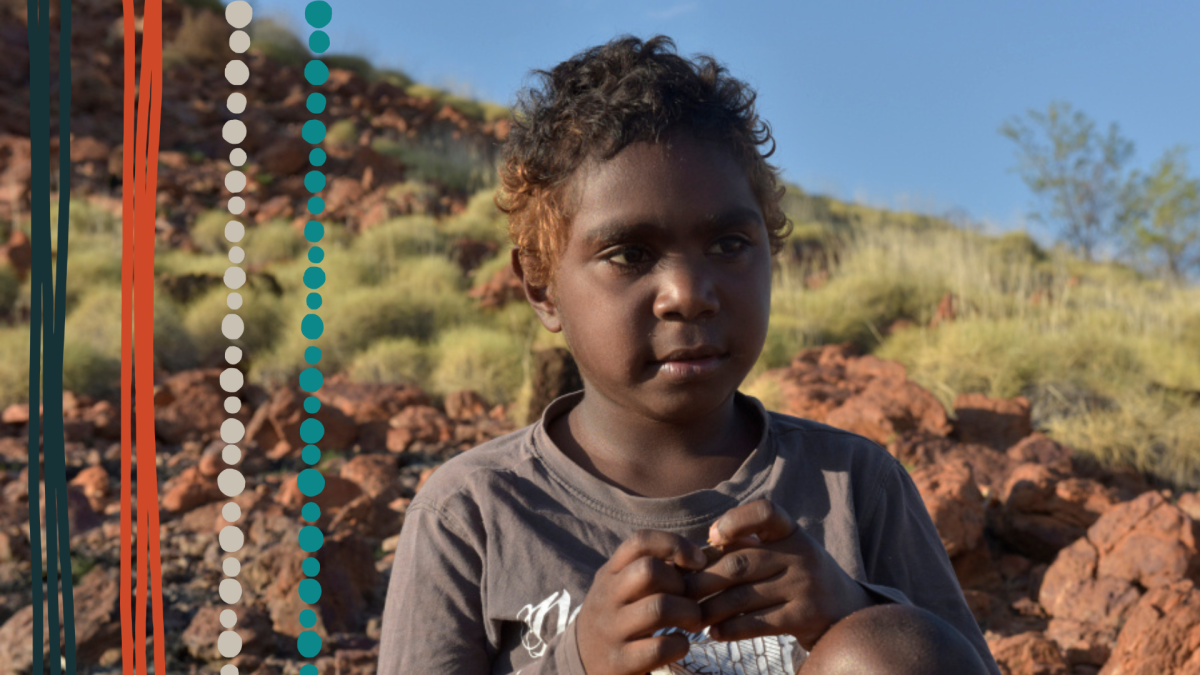
Life Without Barriers’ specialist Cultural team supports 265 children and young people across New South Wales - connecting them to Country and family, holding art and cultural classes, assisting in finding family, mentoring, and providing advocacy.
Mark Merritt, a Wiradjuri/Weilwan man who is a Life Without Barriers Cultural Support Specialist in the Western Region, reflects on his experience.
"Aboriginal and Torres Strait Islander kids know more about their culture than they think they do. They say they don’t know, but when I draw or show them an emu, they will shout “dinnawans” and say “bundah” when I show them a kangaroo."
“We encourage them to be comfortable in who they are, share what they know, and help them understand that what they know about their culture is really important to remember," said Mark.
"It’s not just cool to be Aboriginal one week of the year – we’re trying to have subtle conversations about what it looks like to be Aboriginal every day.”
Mark focuses on building the young people’s confidence in embracing who they are and getting strong and comfortable in that space.
“When we take them to sites, most kids know that you come out and be respectful. At these places, we talk about our values and why it’s important to visit the sites. It's not about preserving the culture. It’s about continuing the culture."
"Culture is alive. It’s in the land."
"If these sites are still here, the stories won’t die - and our young fellas experience this,” said Mark.
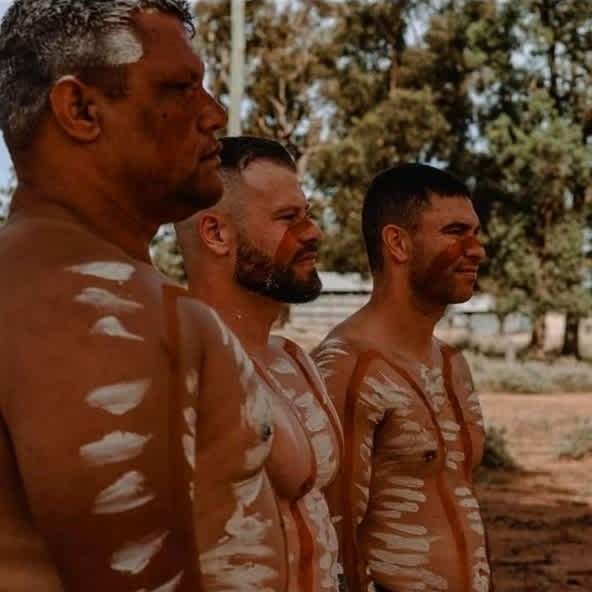
Luke Barnes, Gomeroi man and State Lead Aboriginal and Torres Strait Islander Initiatives NSW/ACT, said having a dedicated Aboriginal cultural team with strong men and women supporting young people is something unique and important that we do at Life Without Barriers.
“Our culture in itself is love. I can only speak from my own journey: being with your people out on Country, learning and listening, and being able to ask questions - you feel accepted, that you are connected. Nothing compares to it and that's the work that these fellas are doing when they get one-on-one time with the kids.“
Luke said that the work that the cultural team does goes beyond “doing something cultural”.
“It’s as simple as visiting a house or taking kids for a feed – spending time with them gives these young fellas a cultural connection they would otherwise miss out on. They are not seeing Mum and Dad or siblings. A lot of them are living out of communities and sometimes they may not have the best connections they could be having.”
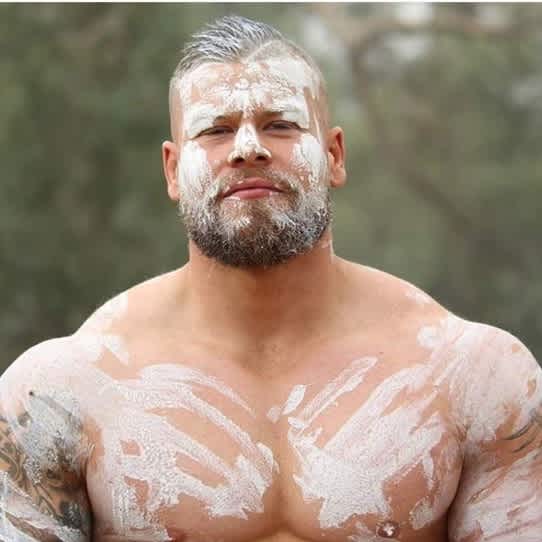
Kurt Fuller, a Wiradjuri man and Case Manager, agrees that being there for young people on an everyday level is a key part of the work the team does.
“Culture is not a box-ticking thing – it’s not tokenistic."
"You have to live and breathe it. It’s about everyday life and showing young people a different view,” said Kurt.
Kurt and Mark worked intensely with a young person who, over the past few months, had been involved in some risk-taking behaviours. They recently had a talk with the young person about incarceration statistics for Aboriginal and Torres Straits Islander people, and unpacked what leads up to that.
“As we yarned in the car, the message was hitting home because his eyes started to water up. He could feel it you know, because he sat there, and listened respectfully the whole time. We talked to him in a way that he'd understand, and he could see the path he was heading down,” said Kurt.
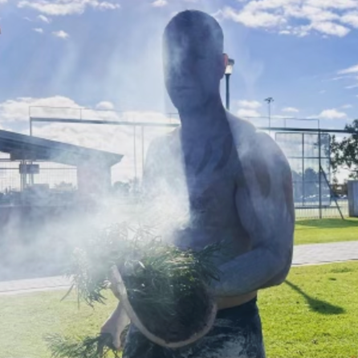
Unfortunately, when it comes to case planning and the day-to-day, the focus tends to be on the negatives, so the impact the cultural team makes is easily overlooked.
“Having the support from strong men and women is massive for young ones’ identity, self-confidence, and development. It can create monumental shifts in their lives,” said Luke.
Mark has seen positive changes in the young people who go out on Country. Their behaviour shifts and they start to see the bigger picture, how they can be more responsible with themselves.
“They're interacting a little bit better. They're responding a little bit better to each other and having fewer arguments. They're not constantly taking what's not theirs. It’s a slow process, but it's progress,” said Mark.
“Their minds are open now to more experiences outside of a classroom or the house. They can remember the last time we went on Country and keep asking when we can go again.”
Shannon Mackie, State Manager Aboriginal and Torres Strait Islander, Cultural Support, Leadership & Governance, said that her team creates a spark of curiosity and gets kids to come to a point where they want to understand more about their culture and identity.
“Most of the time, the kids don’t know that they are yearning for something. We show them the importance of why we care for Country, what that means to us, and what our cultural value system is.
“There's a real need for our work, but there is only so much we can do with the resources and the time we have. It's up to others to come and walk that path with us - by showing an interest and letting young people know that it's OK to want to learn more about culture,” said Shannon.
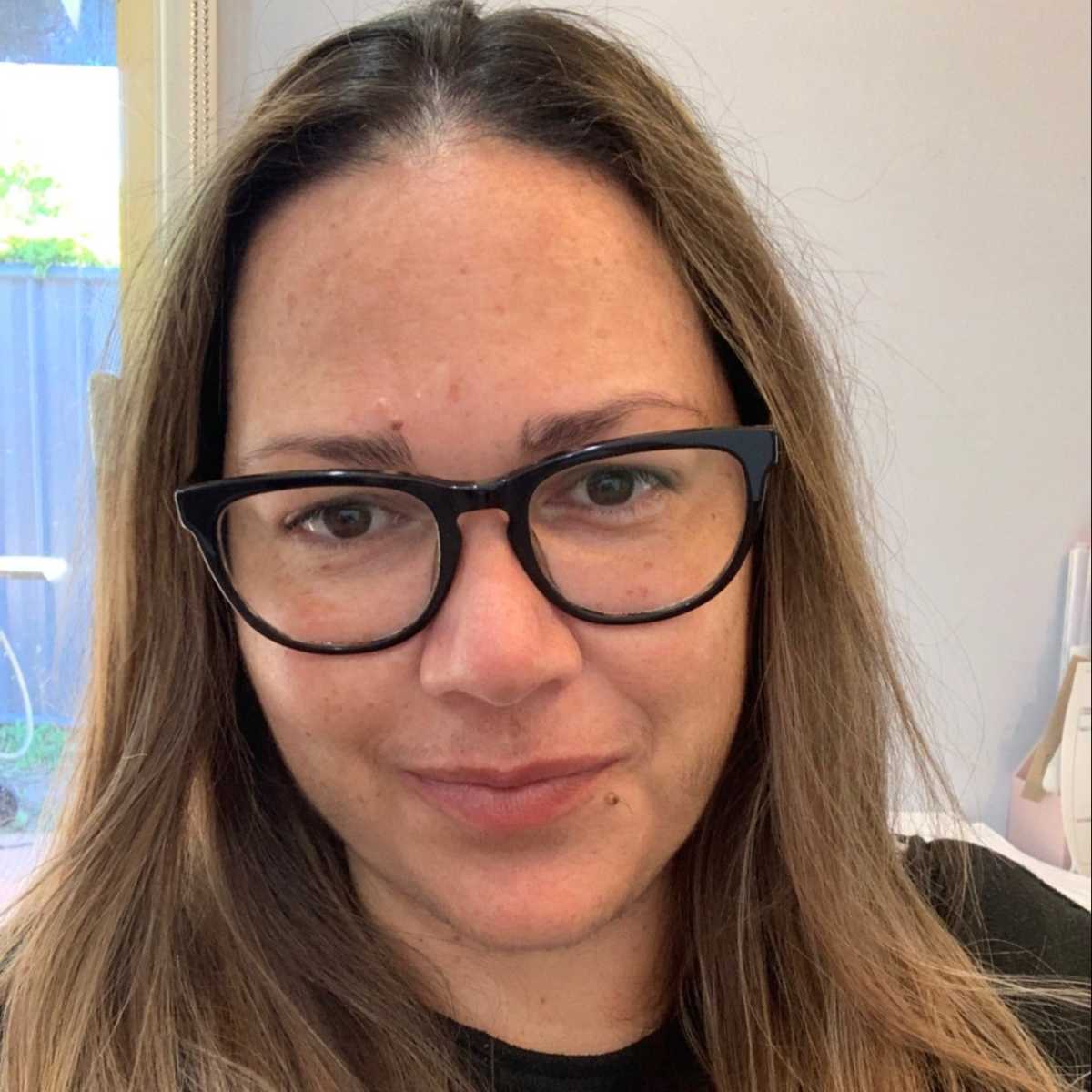
What does it mean to be a “strong man”?
Tyne Smith, a Bundjalung/Gurang Man and Cultural Support Specialist FNC & MNC, explains what it means to be a ‘strong man’ from an Aboriginal and Torres Strait Islander point of view.
“To me, when you're talking strong men, it’s not about someone's stature or their physical presence. It is the physical and the emotional connection that you have with people: how you can convey yourselves to kids, your social connection and your spiritual wellbeing.
"It's also about self-care and your own self-journey and being able to share that and put that forward. You have to be able to show emotions, be able to take criticism and move forward and better yourself. It’s a way of us revealing ourselves.
"It’s also about knowing how to do things like connecting back to Country and mother earth when our tank is running low, and we need a refill.”'
